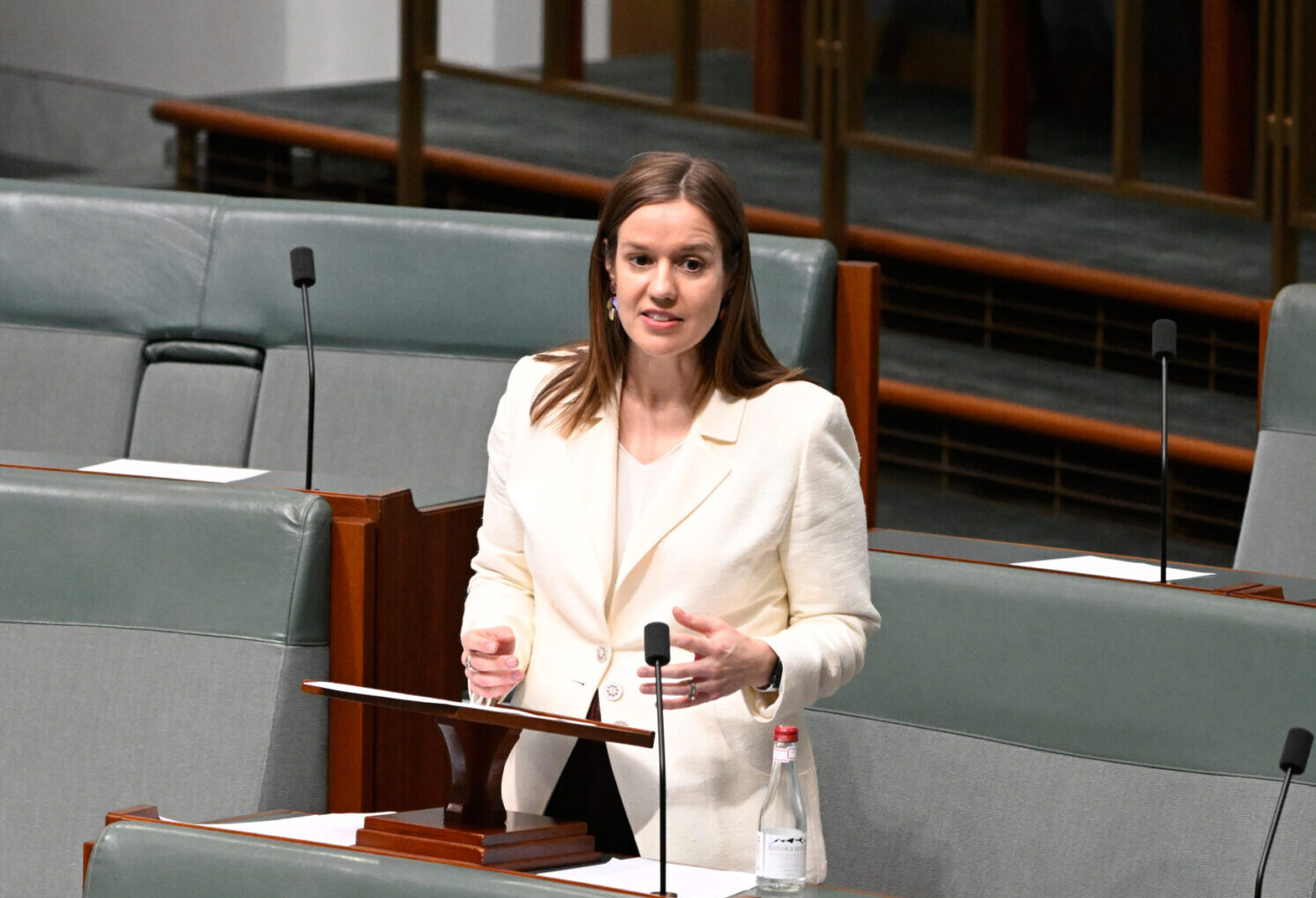I would like to thank the member for Indi for this motion. I do know that issues of integrity are important to her and are something that she has been working on throughout her time here. I know they’re important to her community, as they are to my community, and I know how pleased we both are that this country now has the National Anti-Corruption Commission in operation, delivered as one of the highest priorities when our government came into office.
Of course, our government’s commitment to integrity extends beyond the National Anti-Corruption Commission. There is an important place for grants in our communities, providing funding opportunities that help make a difference on a large or small scale. Every year billions of dollars in federal grants are provided across the country, and we’ve all seen the benefits that these grants can bring. They are broad ranging, including research; the delivery of health, community and legal services; infrastructure funding; and building capacity in our communities.
In determining and delivering these grants, our government wants to strengthen the integrity, accountability and transparency of that process, because that matters as well as outcomes. It is important to highlight how this is a different approach to that taken by the former government. Under the Morrison government, we saw sports rorts, the Building Better Regions Fund, the Urban Congestion Fund and the Safer Communities Fund. These are just a few examples of the former government’s lack of process in how they used taxpayer funds.
Sports rorts is one that particularly frustrated my community. In one memorable case, a club in my community of Jagajaga, the Greensborough Hockey Club, missed out on a grant through this program, even though their application had been deemed deserving of support. It wasn’t the quality of their application that wasn’t getting there it wasn’t the assessment that they were deserving of support—it was clearly rejected for other reasons. At the time, the club said to me that they would’ve understood if they had missed out for other worthy funding applications, but it was a shock for them to be overlooked for other applications that weren’t deemed highly suitable or highly regarded.
Then, of course, we had the Building Better Regions Fund. A report conducted by the ANAO found that, in over five rounds of funding, the former government didn’t get better at administering these grants; in fact, it got worse. Towards the end of that time, the approach of the Liberals and the Nationals resulted in more than 65 per cent of the grants that were funded not being in line with departmental recommendations, without justification.
As Minister Catherine King, herself a regional MP, has said:
…if the target is that you want to help, lift up regional Australia, lift up every region … this did not do that. It lifted up some regions at the expense of others.
The Safer Communities Fund, a program administered by the now Leader of the Opposition, aimed to address crime and antisocial behaviour by funding crime prevention activities. What the Audit Office found, though, was that, in situations where there was full and part-funding of projects, the full recommended funding was more likely to be awarded to applications in coalition seats, while partial funding was more likely to be awarded for applications in Labor seats.
The community can see the patterns in this type of behaviour. These programs and this behaviour shake the trust that people should have in the way that this institution runs and in the way that grants are applied. That is important. It should be important to all of us in here that people have trust in our politics and they have trust in work of government. So I am pleased to say that our government is taking a different approach, and that’s why the Minister for Finance has asked her department to develop options that enhance the integrity, the accountability and the transparency of the Commonwealth grant rules and guidelines, to update these rules and guidelines that underpin the policy framework that federal government grants operate under. In doing that work the issues being considered are wide-ranging, but they do reflect the government’s commitment to integrity in these matters because integrity is at the heart of how we should be approaching these problems.
I want to highlight the work of the Joint Committee of Public Accounts and Audit, which earlier this year held an inquiry into grants administration. The tabling of their report includes the line:
… the previous government pursued industrial scale rorting for blatantly partisan purposes.
The chair of that committee, the member for Bruce, made a really important point with regard to ministers accepting or rejecting departmental advice:
Ministers are not ‘gods’ and are subject to the law and the rules and must record properly and fully documented reasons.
Ministers are accountable to the public for their decisions and they should have a transparent process around that so it is clear how they go about making those decisions.
Our government will not follow the previous example set by those opposite. We do want integrity around government grants, and I thank the member for the motion.
